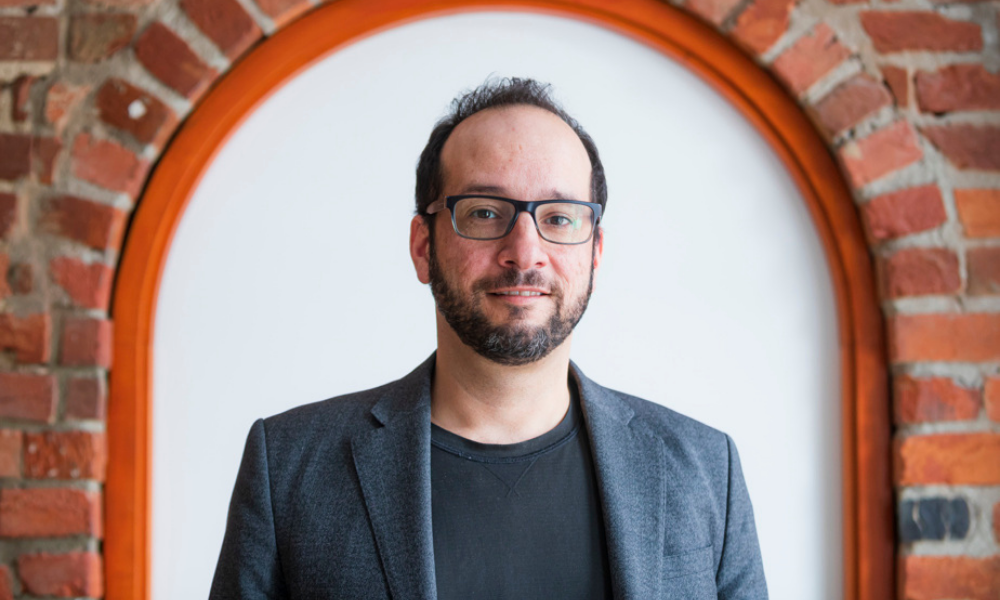Despite affordability issues, millennial buyers formed a significant percentage of online brokerage's 2021 business

With the Canadian housing market showing no sign of letting up from the blistering pace it set during the COVID-19 pandemic, one of its most prominent consequences has been the growing affordability crisis facing first-time homebuyers.
As house prices continue to surge, particularly in the country’s hottest markets, new buyers have often found themselves in the cold – especially with lending requirements having tightened and minimum qualifying rates spiking in recent months.
Amid that gloomy landscape, though, has emerged an intriguing new finding that suggests there may be green shoots after all for first-time buyers in Canada. Online mortgage brokerage nesto has revealed that 53% of all funded deals on its platform in Ontario in 2021 were by millennials – with new mortgages accounting for fully 57% of that percentage.
Speaking with Canadian Mortgage Professional, nesto’s co-founder and chief executive officer Malik Yacoubi (pictured top) said that while those price increases had made the market more challenging for new buyers, there were certain misconceptions or knowledge gaps they could address to create more opportunity.
“We often speak with millennials that, for some reason, believe that they need 20% down as payment, and are not really aware of those Canada Mortgage and Housing Corporation (CMHC), Sagen, Canada Guaranty programs that enable them to purchase with just 5% cash,” he said.
Read next: Could longer amortizations solve the affordability crisis?
“That’s probably one of the big myths that, surprisingly, many of them don’t know. Just bringing that as a fact is important.”
Another factor that can often discourage would-be new buyers, Yacoubi said, is their frequent belief that their credit score isn’t high enough to qualify for a prime mortgage – a view that isn’t always necessarily the case.
Mortgage professionals may take this knowledge for granted, he added – but it’s important to raise those issues during discussions with first-time buyers who might be stunned by what they don’t know.
Around 77% of mortgage buyers conduct research online before purchasing, according to nesto, a figure that only seems likely to grow in the coming years as the shopping process becomes an increasingly digital one.
Yacoubi said nesto was well-placed to meet the needs of millennial shoppers, highlighting its belief in transparency and service – as well as an approach that he said builds trust among the company’s customer base.
“We are as transparent as possible, and every product that we’re selling or proposing to our clients [has] a very specific product sheet that clearly states the pros and cons of [what’s] being proposed,” he said. “Millennials can really relate and trust.
“The other thing is, we don’t negotiate on rates; we just give the best rate that we’re able to give at the moment.”
In the nation’s priciest markets, the dizzying price growth that’s accelerated throughout the pandemic doesn’t appear to be moderating any time soon.
Read next: How will a return to the office impact the mortgage market?
Metro Vancouver, for instance, is expected to see the price of a single-family detached home rise to $1.893 million by the fourth quarter of this year, a 12% increase over the same time in 2021, according to a new market forecast by real estate firm Royal LePage.
Meanwhile, RE/MAX said in its latest Housing Market Update that Toronto would witness another 10% rise in its home prices throughout 2022.
Holding out hope for the purchase of a dream home would be an unwise strategy for millennials to pursue, Yacoubi said, with establishing a foothold in the market one of the main pieces of advice he would have for would-be buyers.
That could mean purchasing in the suburbs, away from intense city centre markets, or acquiring a smaller property with the ultimate goal of building equity earlier instead of holding out hope for a larger (but more expensive) home.
“I think one thing that millennials should be thinking about is actually getting into the market,” he said. “Many times, they’ll think it needs to be perfect, and fit a future family of three kids, [but] by doing that they missed on equity that they could be building while living in a smaller place.
“I think it’s an opportunity: either go remote or buy something smaller and just make sure that they get into the real estate market, start building this equity and then move up the ladder of the market they want to live in.”


